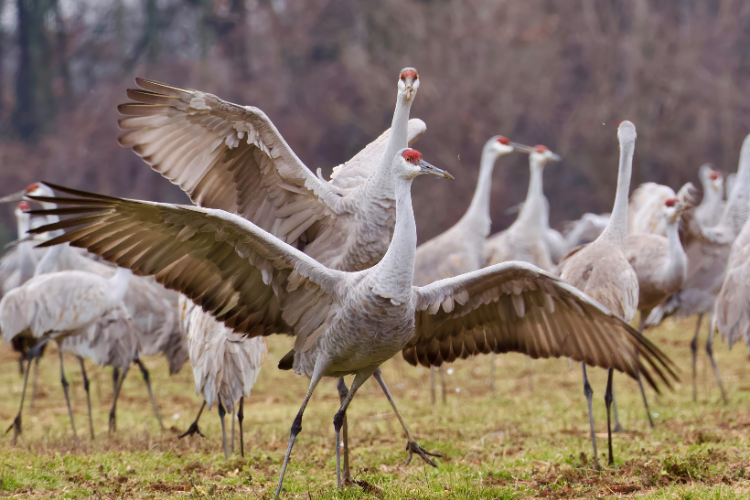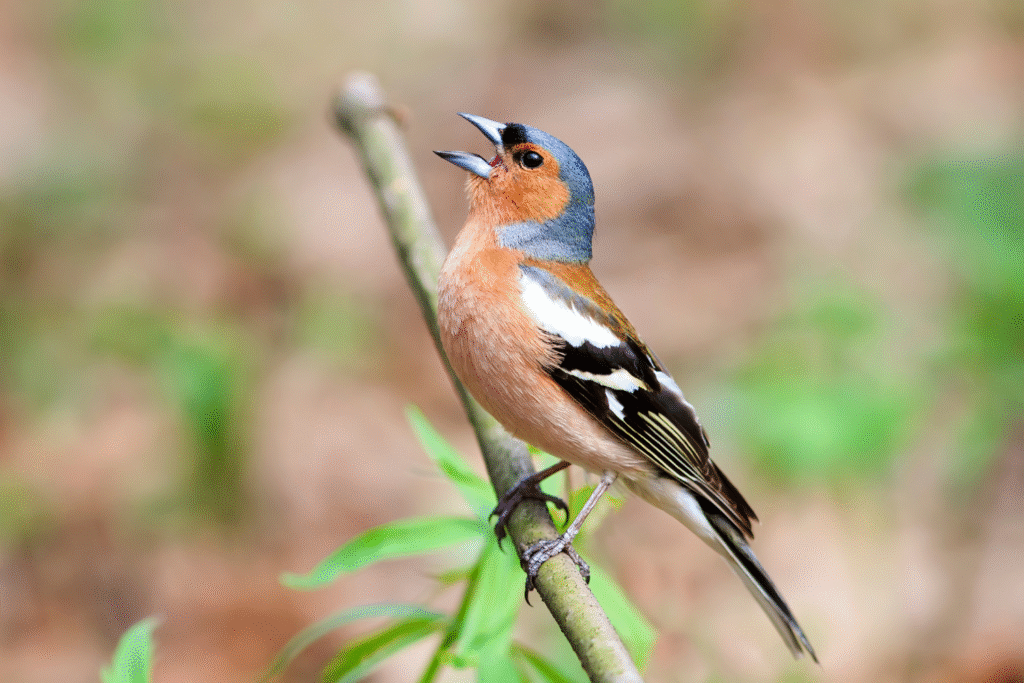What scientists are quietly noticing about crows.

Across cities, farms, and forests, crows are revealing minds that adapt faster than landscapes change. Scientists tracking their behavior keep finding strategies once thought uniquely human. These birds remember faces, plan ahead, and exploit our routines with unsettling precision. Watching them work feels less like observing wildlife and more like encountering neighbors who quietly understand the rules we live by.




